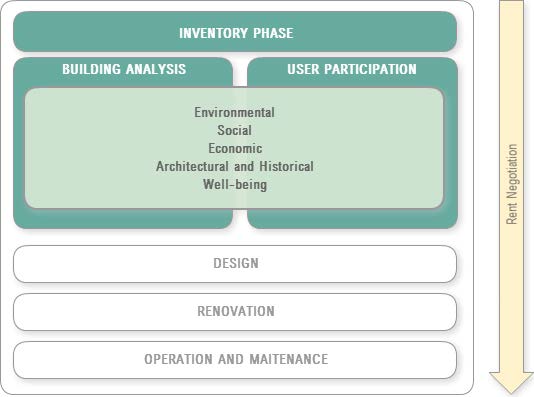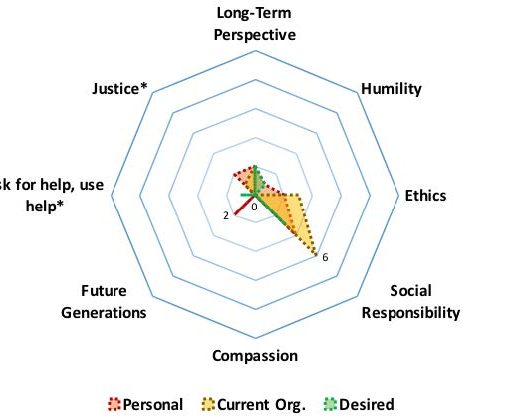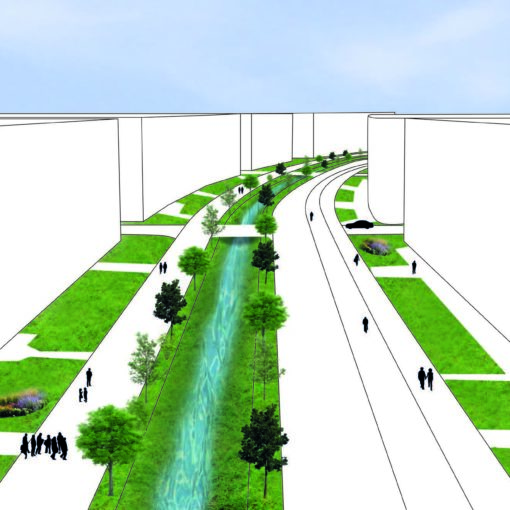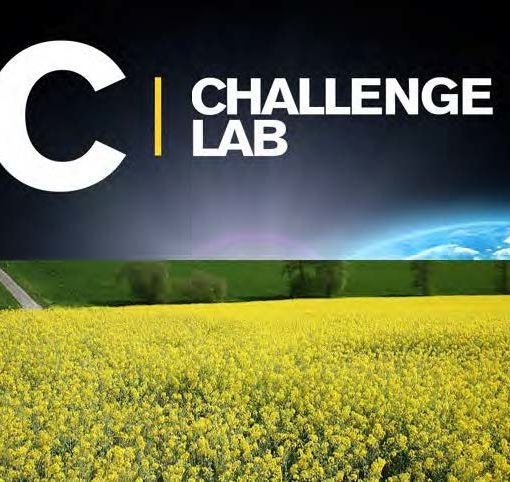Elisabeth Böber, Maria Julia Cardoso Martins (2016)
This thesis was written in Challenge Lab, a hub for integrative and transformative thinking at Chalmers University of Technology, where students are in the centre of academia, private, and public sector, acting as change agents to tackle sustainability development challenges. Through analysing the present situation of Gothenburg regarding urban development, major challenges were identified. Through the Backcasting method, the research problem has been analysed from different perspectives and with different disciplinary impact. One major deficit is the renovation of old building stock within the city of Gothenburg, especially multi-dwellings. There have been many attempts in research to achieve a sustainable renovation concept. Yet, industry and property owners focus mainly on energy efficiency, meaning the environmental-economic perspective rather than the social or well-being dimensions. In order to achieve a sustainable renovation, the different sustainability dimension need to be balanced and enhanced by an architectural and cultural-historical aspects. A case study of a renovation in a multi-dwelling in Gamlestaden, Gothenburg, was conducted. Interviews were held with the tenants, the property owner, an independent renovation consultancy company, and several experts, in order to understand the complexity of a renovation. It provided important insights into the practice of industry, and it was found out that the renovation framework provided by Boverket is rather insufficient and vague on how to proceed in the inventory phase of a renovation process. Therefore, the major outcome is a revised framework for the inventory phase of a renovation process, as it was found out this is a crucial phase to achieve a sustainable renovation.
Read the full report here.





